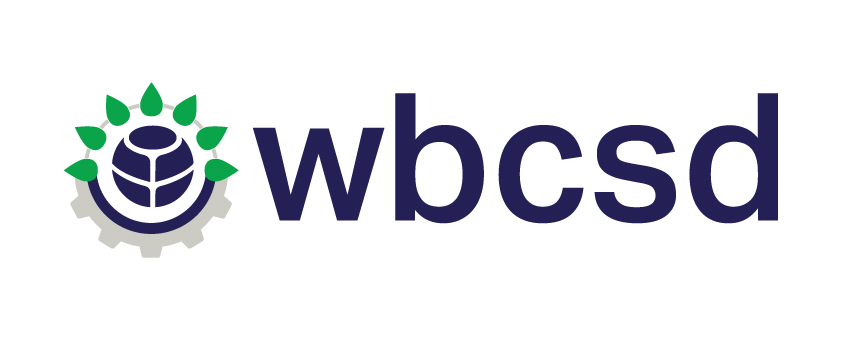Time to Align Corporate Retirement Funds with Company Values

Now that millennial-aged employees represent the majority of the workforce, it’s increasingly important that corporate management teams finds ways to engage these employees in the company.
Creating defined contribution plans which connect to millennial core values – like solving human, social and environmental problems through their work and investments – can spur employee engagement, spark innovation and provide companies with a competitive edge in their pursuit of the “best and brightest” employees.
According to a recent Wealth Management article, investing in ESG-themed mutual funds has experienced a dramatic growth since the US presidential election last year. As President Trump is keeping his campaign promise to slash environmental rules and promote the coal industry in the US, investors are pouring new money into ESG themed funds at an unprecedented rate.
While this significant growth has been generated by institutional and high net worth investors, the author reinforces what I believe to be true—that the next frontier for socially responsible investing will be with workplace retirement plans.
Cracking the code on the 401(k) market would put ESG-themed funds squarely in front of workplace employees.
The Demand Exists
Millennials are coming into money, and they want to invest in socially responsible funds. In the coming years, baby boomers will pass on trillions of dollars in the largest intergenerational wealth transfer ever. It's estimated that by 2020, millennials will already control $24 trillion—and that's just the beginning.
According to a recent Morgan Stanley survey, 75% of millennials agreed that their investments could influence climate change, compared with 58% percent of the overall population. Millennials are also twice as likely as investors in general to invest in companies that espouse social or environmental objectives.
Additionally, a survey of investors by Natixis Global Asset Management found that 82% of millennials would like to see investment options in their retirement plans that “reflect their personal values,” and 72% said they would increase their contributions if they knew the investments “were doing social good.”
A Blind Spot with Companies
Many of these same millennials want to work for, or are already working for, companies that have made significant environmental and social commitments.
However, even within many of these socially responsible companies, a blind spot exists between their ESG commitments and their retirement investment strategy—and this stops employees from investing in funds that reflect their values and the company’s values.
The most recent Dow Jones Sustainability Index recognizes this link and included the following statement and question in its most recent questionnaire:
If corporate sustainability is deemed to be beneficial for a company’s long-term success, integrating sustainability considerations within investment decisions is the next logical step. Does your employee retirement plan offer a sustainability option? ❍ Yes ❍ No
Most Fortune 1000 companies haven’t yet aligned their corporate retirement plans with their sustainability commitments, even though several studies in 2017 have shown that a significant majority of their employees would favor doing so.
A recent study by Povaddo examined employees who work at Fortune 1000 companies. This study found that 74% of all employees working at these companies want to invest in environmentally and socially responsible funds in their retirement plans. Yet less than 1% of 401(k) plans include these types of funds.
Winning the Talent War
Employees are clearly ahead of their companies on the issue of ESG themed investing.
The same Povaddo study also found that among millennials, nearly 90% said they would be more likely to recommend their company as a place to work, would stay longer, and would be more productive if their company offered environmentally and socially responsible retirement funds.
That’s a huge opportunity for companies to set themselves apart – and an opportunity cost for those that don’t.
The alignment of retirement funds with a company’s sustainability commitments is inevitable. Today, providing these types of investment opportunities in retirement plans is a significantly overlooked corporate asset in the pursuit of the best talent.
Companies who see this opportunity and are the first in their respective industry sector to offer this to their employees will gain a significant competitive edge in attracting and keeping the best people for their business.

